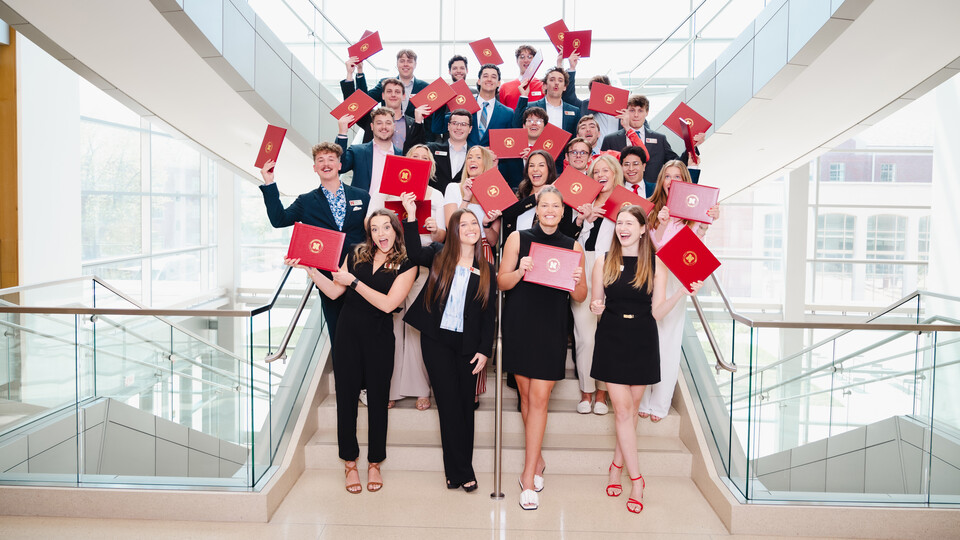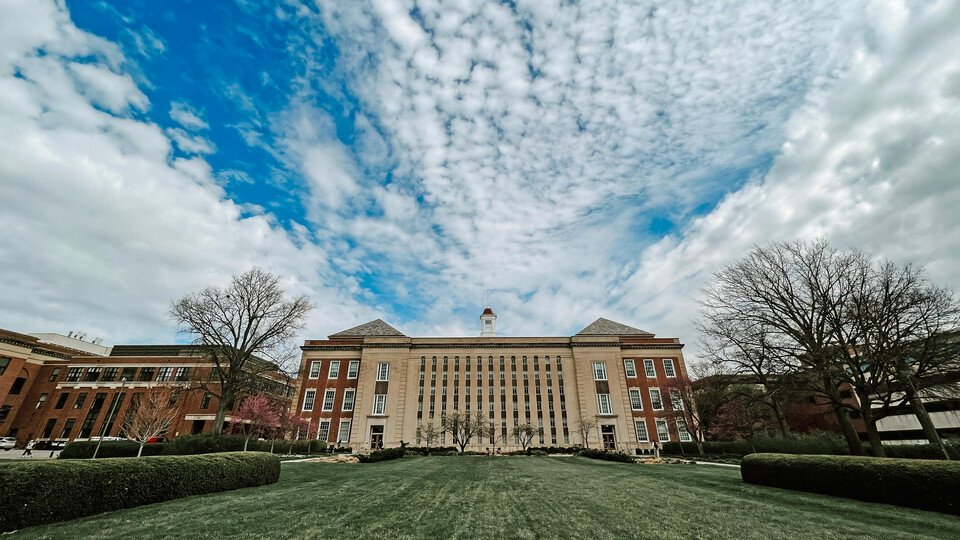
William G. Thomas III, history, was interviewed for a June 5 Washington Post article on whether Johns Hopkins enslaved people. He said the weight of evidence he has seen about the Hopkins family was that they were emancipationists. Johns Hopkins University’s announcement in December “is really aimed at demythologizing its history, and this is healthy and much needed,” he wrote. “The idea that the university was untainted by slavery is a fallacy, and it obscures the complicated, nuanced history of slavery in the United States.”
• • •
Julia McQuillan, sociology, was interviewed for a June 9 Huffington Post article on the child-free-by-choice movement. She said she isn’t surprised that experiences of women of color are rarely factored into stories on the movement. “There is little public outcry when Hispanic or Black women decide not to have children,” she said.
• • •
The University of Nebraska has received a five-year, $20 million award from the National Science Foundation’s Established Program to Stimulate Competitive Research to create a research and education cluster aimed at enhancing the state’s competitiveness in the field of emergent quantum materials and technologies, and boosting the participating institutions’ research and education capacity. Stories on the new Emergent Quantum Materials and Technologies (EQUATE) collaboration have appeared in at least four Nebraska media outlets and WebMD.
• • •
In 2019, a team that included Robert Streubel, physics and astronomy, managed to endow liquid droplets with permanent magnetism, partly by embedding them with tens of billions of iron oxide nanoparticles. Now, the team has shown the ability to tailor the magnetic properties of those droplets in multiple ways. Technology.org ran a June 9 article on the research.
• • •
Chad Brassil, biological sciences, and Carrie Hanson-Bradley, child, youth and family studies, were part of a multi-institutional team that has developed a new model for studying the effectiveness of teaching practices in a variety of classrooms at multiple universities. Campus Technology published a June 10 article on the project, dubbed ManyClasses.
• • •
Jeannette Jones, history and ethnic studies, was interviewed for a June 16 Omaha World-Herald article on Nebraska Gov. Pete Ricketts announcing his opposition to critical race theory. She said the definitions the governor offered on his monthly call-in radio program reflect a lack of understanding of the theory and literature on it. Jones’ comments were also highlighted in a June 16 Vanity Fair article on the topic.
• • •
Philip Schwadel, sociology, co-wrote a June 16 piece for The Conversation with Sam Hardy, professor of psychology at Brigham Young University, on the “religion residue effect” on people who no longer identify as religious. “The morals and values of religious dones are more similar to those of religious Americans than they are to the morals and values of other nonreligious Americans,” the researchers concluded. The story was picked up by more than 20 media outlets.
• • •
“New Storytellers: The Research Institute in Digital Ethnic Studies,” hosted by the University of Nebraska–Lincoln, was featured in a June 17 story on Indian Country Today. Margaret Huettl, history and ethnic studies, a co-principal investigator, was interviewed for the story.
• • •
Timothy Schaffert’s upcoming novel, “The Perfume Thief,” has been featured in pre-publication lists in CrimeReads (1, 2), Entertainment Tonight, the Los Angeles Times, Oprah Daily and Publishers Weekly. Schaffert is the Rosowski Associate Professor of English and director of the creative writing program at Nebraska.


